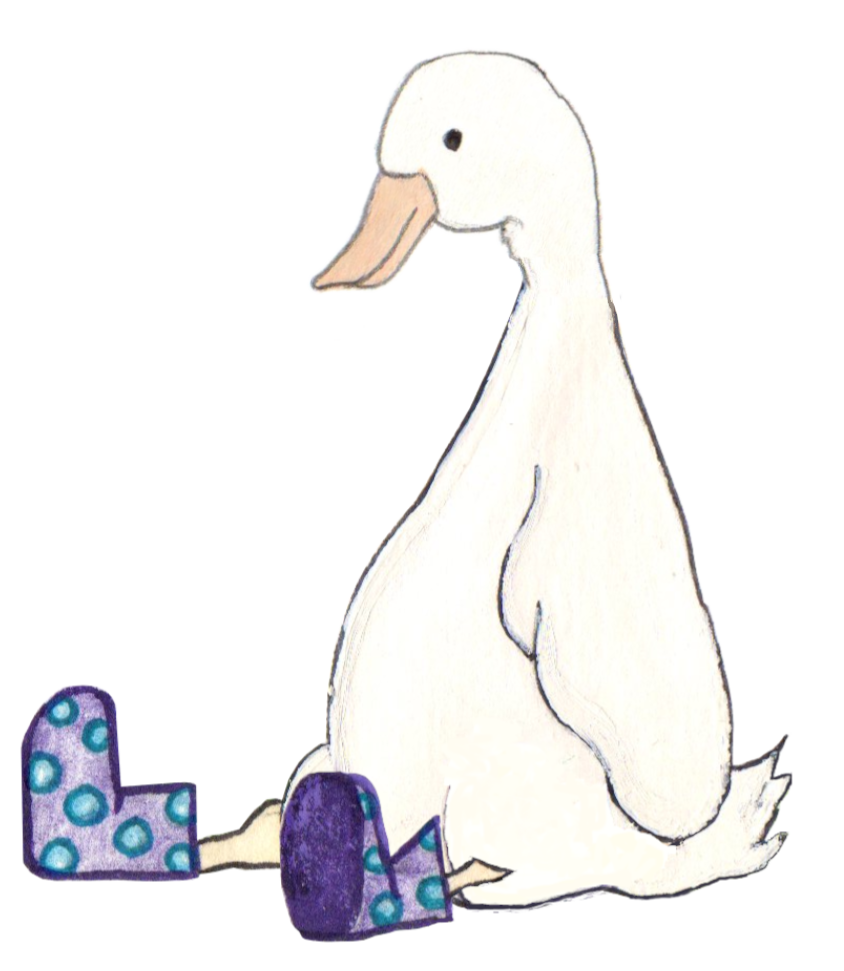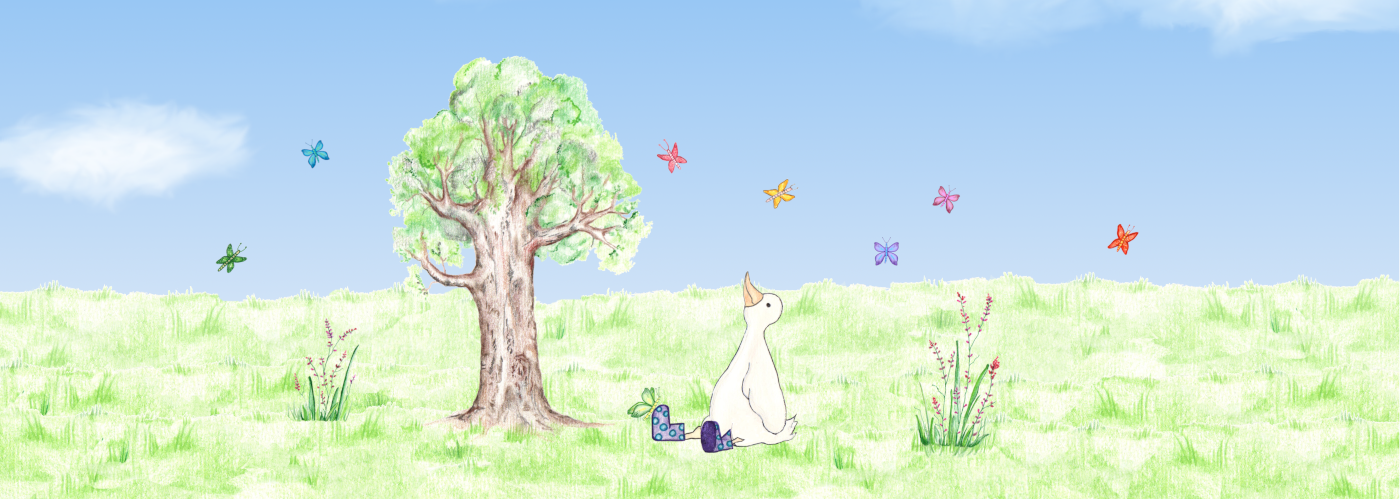Towards the end of Stage 1 of the adoption process, we were invited to go to “prospective adopters training.” This was 3 full days of training with other prospective adopters, plus a “Carousel Evening” to speak to experienced adopters. I was so excited!
The training was HARD. Not in the sense that it was difficult to understand or to complete the tasks, just emotionally tough. There was a lot of information about the kinds of trauma and neglect that children can experience. The best part was that there were real life people with experience of adoption there to talk to us. First off, a birth mother spoke to us about her experiences. It was incredible to hear her perspective, and to hear how lovingly she spoke about her daughter. That was a really valuable part of the training. It made birth parents “human” to me. The term “birth parent” is so cold really. It implies that all they do is produce a child, and doesn’t convey the strength of their emotions, their pain, or the way that they may have been set up to fail, because their support network was poor or non-existent. I had read stories written by birth parents, and watched TV programmes about adoption, but neither of those were as powerful as listening to a birth mother. After she finished, we struggled to ask questions. The whole room was sobbing or on the brink of tears. A couple of people managed to ask some questions and then we were released for a break. I stood in the queue for the Ladies toilets, with the other sobbing/barely-holding-it-together women. After a moment, I burst out sob-laughing and said “I think they need to get this ceiling checked, because it’s raining on all of our faces!” and the other women sob-laughed in agreement. We chatted briefly about how amazing but tragic the birth mother’s talk had been, splashed our faces, and generally pulled ourselves together, wondering what else the social workers had in store for us.

Next up was an actual real live adoptee! After a harrowing morning of “trauma affects children forever” and “expect your child to be damaged,” it was refreshing to meet this well-composed and seemingly stable woman. Her key messages were the importance of making sure that a child knows about their birth family and reassurance that wanting to meet birth parents later doesn’t detract from the relationship that a child has with their adoptive parents.
Later in the course, we heard from two adoptive mothers, with very different experiences, and from a foster carer. It really opened my eyes to the importance and complexities of foster care.
The training also involved learning about Maslow’s hierarchy of needs, attachment disorders, theraplay, how social workers select the best family for the child during the matching process, and we even got to see some profiles of children who were in need of adoptive families. That was very helpful, as those profiles gave us a feel for the kind of questions we wanted to ask when we were looking for a match.
The following week, we went to the “Carousel Evening,” which was basically a speed dating kind of arrangement, so that we could talk to 8 sets of adoptive parents and ask questions about their experiences. Each of those people shared at least one piece of wisdom that was worth hearing, and the event was so encouraging.
